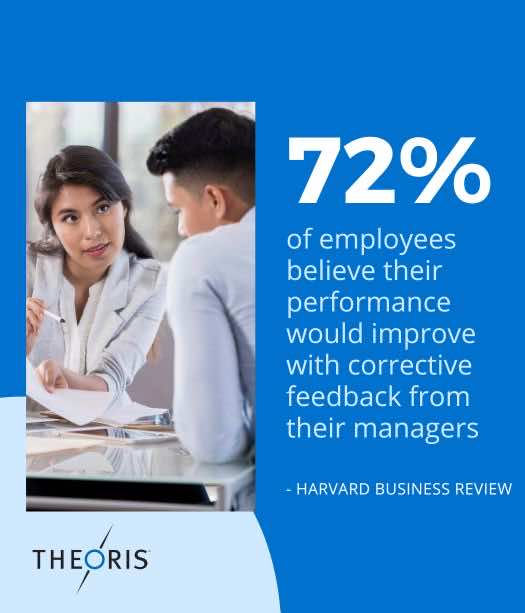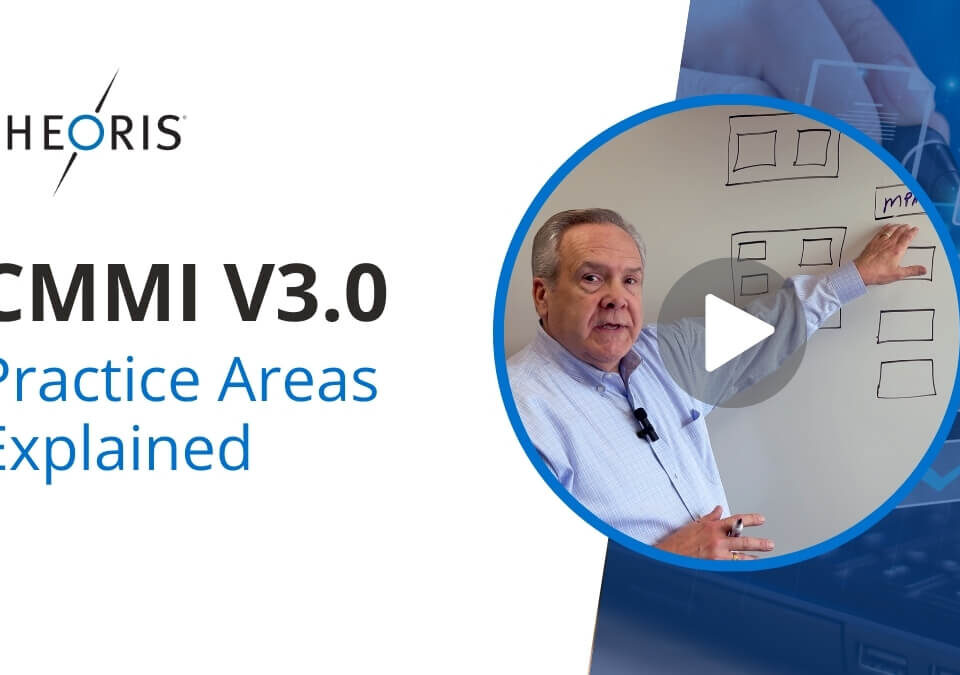Mastering Tough Conversations: Essential Skills for IT & Engineering Professionals

Theoris Earns IndyStar Top Workplaces for 2023: A Big Thank You to Our Team!
May 17, 2023
The PMO Advantage: Ensuring Bug-Free Solutions in Application Development through Quality Assurance
June 19, 2023Are you grappling with the art of tough conversations? We understand. As a technical professional, your genius lies in building things and unraveling intricate problems. But when it comes to navigating difficult discussions in the workplace, it can feel like navigating uncharted territory. It’s not always easy, but rest assured, you’re not alone in this journey. At Theoris, an esteemed IT and engineering staffing firm in Indianapolis, we’ve witnessed the unique challenges faced by technical specialists like you. That’s why we’re here to offer a helping hand.
Avoiding tough conversations can have far-reaching consequences – decreased productivity, strained relationships, and missed opportunities for improvement. In fact, a recent study by Bravely revealed that 70% of employees avoid difficult conversations at work, while 53% choose to ignore “toxic” situations, leading to negative effects on workplace health. It’s time to change that narrative.
In this blog, we’re diving deep into the art of mastering tough conversations. We’ll provide you with invaluable insights, proven strategies, and practical tips to navigate these discussions with unwavering confidence and finesse.
1 . Prepare and Plan
Just like tackling a challenging technical problem, preparation is key when it comes to tough conversations. Gather your thoughts, identify key points, and envision a positive outcome. For instance, if you’re asking for a salary raise, research industry standards, highlight achievements, and anticipate concerns. Stay calm, assume positive intent, and remember that successful conversations are, “60% is getting your head, heart, and gut right, and 40% is saying it right”, as Joseph Grenny emphasizes in Crucial Conversations.
2. Find Understanding
Try to understand the other person’s point of view and motivations. To encourage people to talk about their ideas and emotions, you should ask them open-ended questions. Let’s say you’re discussing a proposed change to a project timeline with a team member who expresses resistance. Instead of assuming their position, ask open-ended questions like, “What concerns do you have about this proposed change?” or “Can you share your thoughts on how this may impact our current workload?” Listen attentively and repeat back to what you’ve heard to ensure clarity. By doing so, you demonstrate respect, foster open communication, and create a collaborative atmosphere where both parties feel heard and valued.

3. Focus on Solutions
As a technical expert, you are naturally solution-focused. This can be a game-changer in tough conversations. For example, imagine you’re discussing a challenging project deadline with a team member. Rather than dwelling on the problem, shift your focus to brainstorming solutions together. Ask questions like, “What if we reassign some tasks to balance the workload?” or “Could breaking down the project into smaller milestones help us stay on track?” By actively engaging in solution-oriented discussions, you create an environment that encourages collaboration, respects everyone’s input, and ultimately drives progress.
4. Try Using “I” Statements
When expressing your concerns or addressing issues, utilize “I” statements to convey your thoughts and emotions effectively. For instance, if you often find your ideas being dismissed in meetings, instead of saying, “You always shoot down my ideas,” rephrase it as “I feel frustrated when my ideas are interrupted or dismissed.” Or if someone feels strongly about a particular course of action, you can respond by saying, “I understand you feel that way, but I feel this way based on my experiences and analysis of the situation. This approach acknowledges their viewpoint while assertively expressing your own. Research has shown that utilizing “I” statements during conflicts promotes understanding, empathy, and more effective resolution.
5. Practice Constructive Feedback
Feedback is vital for professional growth. In fact, a survey by Harvard Business Review found that 72% of employees believe their performance would improve with corrective feedback from their managers. When giving feedback during tough conversations, prioritize constructive criticism over personal attacks.
For example, if a team member consistently overlooks details in their work, causing errors and delays, you can address it positively. Simply say, “Hey, I noticed that in a couple of recent reports, there were a few errors that required us to make revisions. I believe that with a bit more attention to detail, we can ensure the accuracy and efficiency of our work. I’m confident in your skills and would be happy to provide guidance or additional resources to help you strengthen your attention to detail. Together, we can enhance the quality of our deliverables and streamline our processes.”
By fostering a growth-oriented and supportive environment, you enable constructive feedback and professional development.

6. Follow Up and Follow Through
After the tough conversation, it’s crucial to follow up with any agreed-upon actions or next steps. For example, let’s say you had a difficult conversation with a team member regarding a critical software bug that has been causing delays. As a follow-up, you could establish a timeline for investigating and resolving the bug, assigning specific tasks to team members involved, and scheduling regular progress check-ins. By consistently following through on these agreed-upon solutions, you reinforce trust and demonstrate your dedication to resolving the issue and improving the software’s performance. This level of accountability promotes a positive and productive work environment, ensuring that technical challenges are addressed effectively.
Conclusion
You have a distinct set of talents as a technical specialist that contributes to the success of your initiatives. However, mastering difficult conversations has significance for both your professional development and team dynamics.
By following the tips above, you can navigate difficult discussions with confidence and effectiveness. Take advantage of the opportunities presented by these discussions and see how your relationships and career progress as a result. Mastering the art of having difficult discussions is an important skill that will help you stand out as a well-rounded IT or engineering expert.
Stay on the cutting edge of IT & engineering insights!
Join our newsletter! You’ll receive regular updates on tech events, industry news, and job opportunities, all delivered straight to your inbox. Sign up now and stay connected with the tech community in Indianapolis.




